The Ultimate Basic Math Reviewer
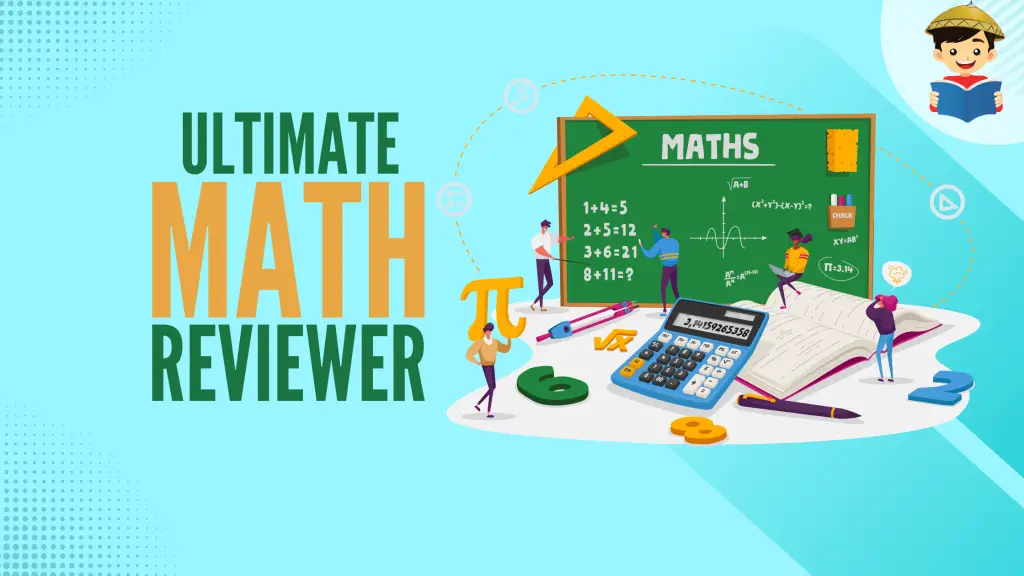
Everything around you involves mathematics.
From mundane daily tasks to monumental breakthroughs, there’s always math involved. Whatever career you pursue in the future, you will need at least a basic understanding of mathematical concepts.
For these reasons, studying math becomes a significant human activity.
Mathematics is the study of quantities, structure, space, and analysis. We study mathematics to learn these formulas, equations, expressions, or complex terminologies. We are also learning to develop analytical, logical, decision-making, and critical thinking skills.
This basic math reviewer will discuss the basics of different subfields of mathematics – arithmetic, algebra, geometry, trigonometry, statistics, calculus, and logic. It will be your key to understanding mathematics and discovering its practical uses.
Click below to go to the main reviewers:
Ultimate Civil Service Exam Reviewer
Ultimate PMA Entrance Exam Reviewer
Ultimate PNP Entrance Exam Reviewer
Table of Contents
1. Arithmetic and Number Sense
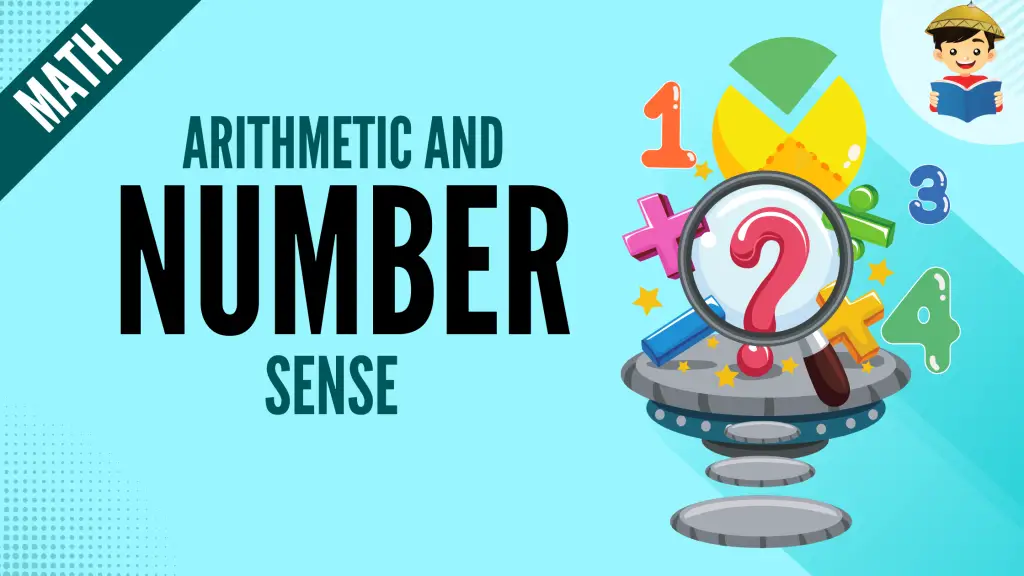
Our journey of learning mathematics starts with numbers. We are all familiar with numbers since we use them to count objects. However, there are more things to learn about numbers than counting them. These things are what we’re going to talk about in this chapter.
Topics:
- Real Numbers and Imaginary Numbers
- Operations on Integers
- Order of Operations (PEMDAS)
- Factors and Multiples
- Divisibility Rules
- Fractions and Decimals
- Operations on Fractions and Decimals
- Percent
- Ratio and Proportion
2. Algebra
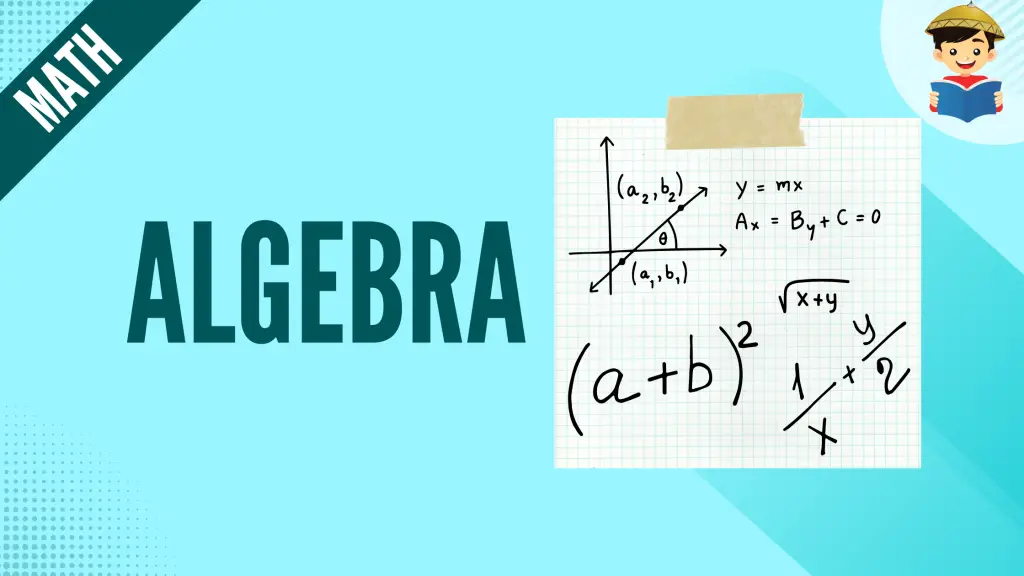
We can represent a number or a quantity using any symbols or letters. Algebra deals with using representations for numbers and how we can use them to solve equations, derive formulas, simplify expressions, etc. In this chapter, I’ll discuss how symbols or letters can represent quantities, solve equations and inequalities, plot a graph in a coordinate system, analyze functions, and simplify algebraic expressions.
Topics:
- Algebraic Expressions
- Laws of Exponents
- Logarithms
- Polynomials
- Special Products and Factoring
- Linear Equations
- Quadratic Equations
- Rational Expressions
- Radical Expressions
- Inequalities
- Functions
- Cartesian Coordinate System
- Sequence and Series
- Using Algebra to Solve Word Problems
3. Geometry
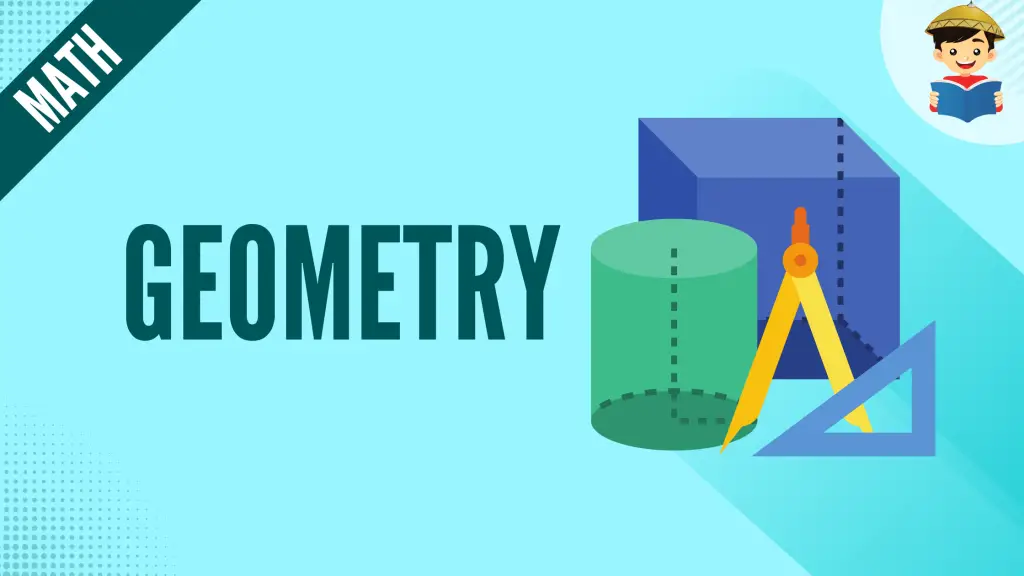
Johannes Kepler said geometry is the archetype of the world’s beauty. Most of the fascinating things are products of geometry. For instance, the Egyptian Pyramids’ proportions are based on geometric concepts. In this chapter, we will explore the properties of geometric figures that we are all familiar with – triangles, quadrilaterals, circles, and angles.
Topics:
- Introduction to Geometry: Undefined Terms, Definitions, Postulates, and Theorems
- Angles: Classification and Properties
- Triangles: Classification and Theorems
- Conversion of Units of Measurement
- Perimeter and Area of Plane Figures
- Volume of Solid Figures
- Circles
- Right Triangles
4. Trigonometry
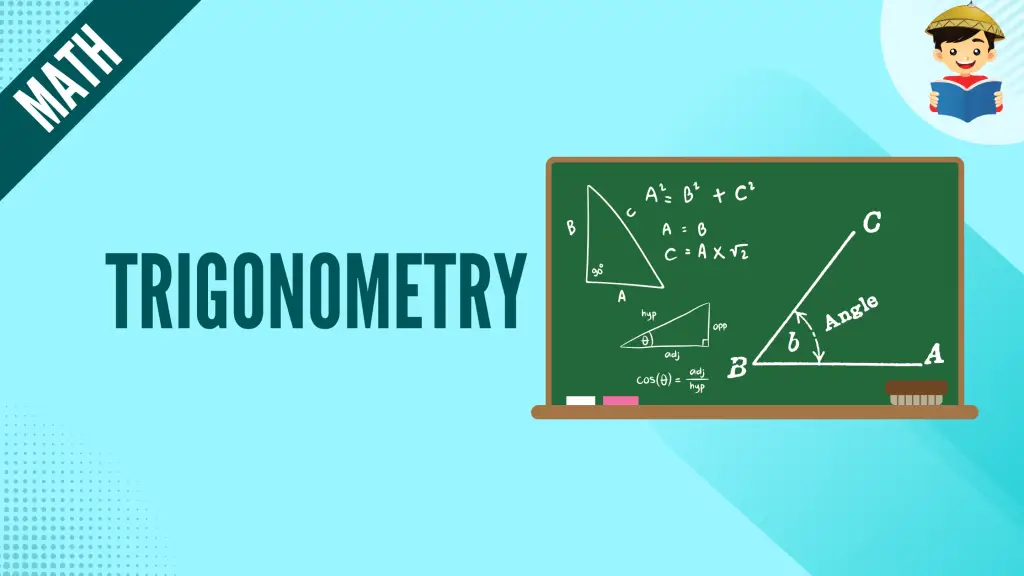
Have you ever wondered how a satellite system works or how the distance of a boat from a lighthouse can be calculated? Both of these things can be explained by trigonometry.
Trigonometry deals with the relationships between the angles and sides of a triangle. This chapter will discuss the six trigonometric functions and the Unit Circle.
Topics:
5. Statistics
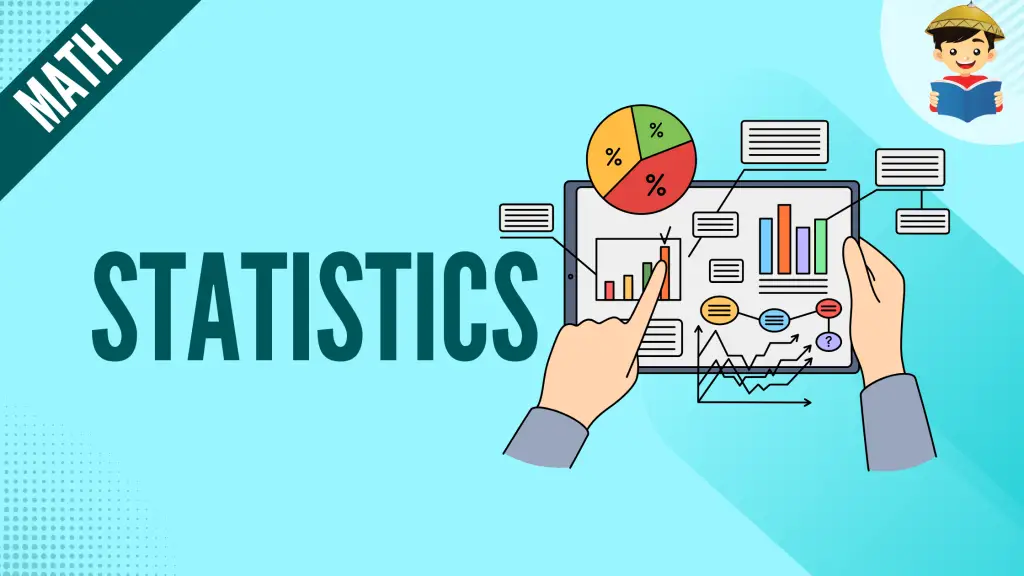
The modern world relies on data–from surveys, polls, quality testing, and medicine to the stock market, weather forecasts, research studies, etc. We can harness information from a set of data through statistics.
Statistics deals with collecting, organizing, and interpreting data. We will explore in this chapter the basics of statistics and how we can use it to solve real-life problems.
Topics:
6. Calculus
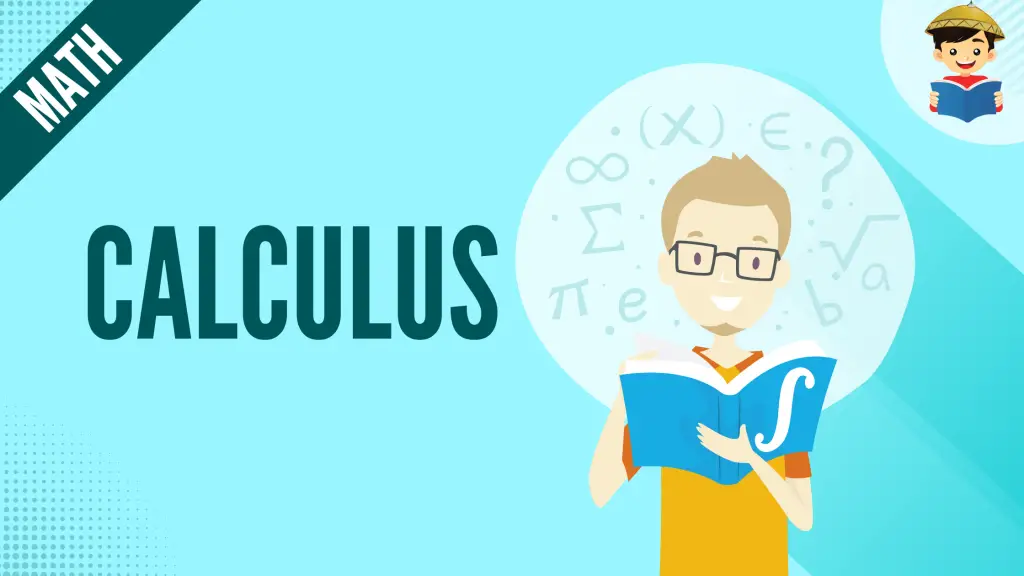
The discovery of calculus is one of the most significant breakthroughs in mathematics and other fields such as engineering, physics, economics, computer science, actuarial science, and so on. We wouldn’t have been able to build this modern society without calculus. Calculus deals with how things change. In this chapter, you will learn the basics of calculus, including the concept of limits and basic differentiation.
Topics:
7. Logic
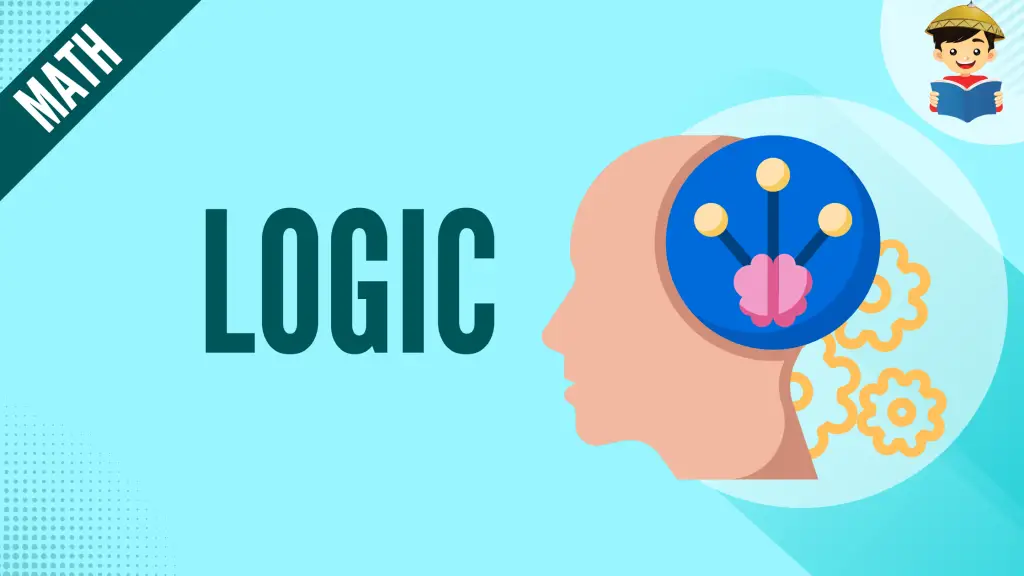
All creatures that can swim are fish. John can swim. Therefore, John is a fish.
Can you explain why the statement above is wrong?
Logic deals with proper reasoning. In this chapter, you will learn the basics of propositional logic and apply it to determine whether a given statement is true.
Topics:
Here we discovered the practical uses of mathematics and enhanced our analytical and critical thinking skills with our comprehensive basic math reviewer.
Written by Jewel Kyle Fabula
in Civil Service Exam, College Entrance Exam, LET, NAPOLCOM Exam, NMAT, PMA Entrance Exam, Reviewers, UPCAT
Jewel Kyle Fabula
Jewel Kyle Fabula graduated Cum Laude with a degree of Bachelor of Science in Economics from the University of the Philippines Diliman. He is also a nominee for the 2023 Gerardo Sicat Award for Best Undergraduate Thesis in Economics. He is currently a freelance content writer with writing experience related to technology, artificial intelligence, ergonomic products, and education. Kyle loves cats, mathematics, playing video games, and listening to music.
Copyright Notice
All materials contained on this site are protected by the Republic of the Philippines copyright law and may not be reproduced, distributed, transmitted, displayed, published, or broadcast without the prior written permission of filipiknow.net or in the case of third party materials, the owner of that content. You may not alter or remove any trademark, copyright, or other notice from copies of the content. Be warned that we have already reported and helped terminate several websites and YouTube channels for blatantly stealing our content. If you wish to use filipiknow.net content for commercial purposes, such as for content syndication, etc., please contact us at legal(at)filipiknow(dot)net